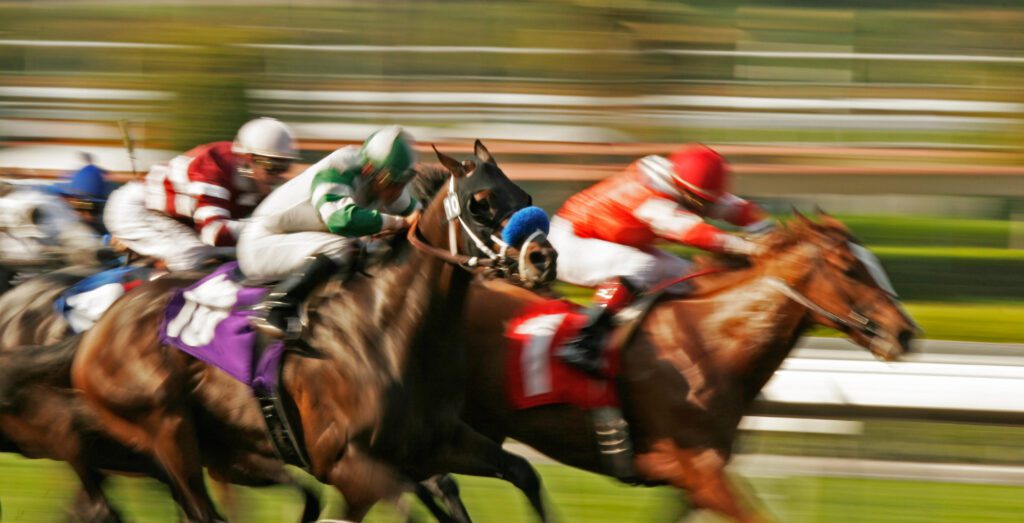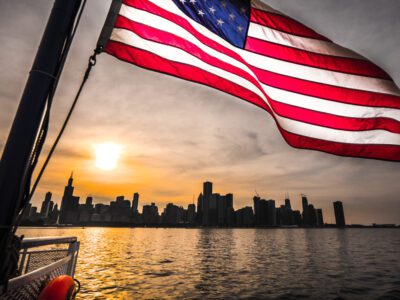British horse racing, sport of kings and commoners, and mainstay of iconic High Street betting shops, goes on strike today for the first time in history.
The stoppage has been called by the British Horseracing Authority (BHA) in protest against feared tax rises on race betting, which the BHA says will devastate an industry which employs over 110,000 people and contributes at least £4.1 billion (US$5.55bn) to the wider British economy.
Fixtures at Carlisle, Kempton Park, Lingfield Park and Uttoxeter racecourses will be suspended for the day.
The horse racing industry claims it is now facing an existential crisis because of the mooted tax rises on betting.
Currently horse racing is subject to three types of basic betting tax.
These are iGaming’s Remote Gaming Duty of 21 percent, levied on British punters, no matter which site, national or international, they have gambled on; General Betting Duty and Pool Betting Duty, both of 15 percent each.
With Britain facing a massive budgetary black hole of at least £50 billion (US$67.69bn), Chancellor Rachel Reeves has refused to rule out betting tax hikes in her upcoming Autumn Budget.
Most industry watchers expect the Labour government to unify and impose an across-the-board levy of 21 percent on horse racing gambling.
“If these taxes are pushed through it will cause catastrophic damage to the overall racing industry, not just the betting industry,” a high-level source in the BHA, who asked for anonymity, recently told iGamingFuture.
Controversy
UK horse racing is now being rent by the taxation controversy and, increasingly, from some perspectives by its unwelcome association with the “seamier” aspects of the gambling industry.
Betting on horse racing is often presented as the acceptable face of the gambling industry.
There can be few among us who have not had a “flutter” on the horses in the High Street bookies, experiencing the thrill of betting on the Grand National, the Cheltenham Gold Cup and a cluster of other iconic horse races.
An integral feature of horse racing’s pull is the competition between rival champion runners.
But uncertainty, engendered by the volatile tax future and its compound effect on the overall health of the industry, has only accelerated the sale of top horses to foreign fields, Hong Kong and Dubai, among them.
It has also worsened relations between the traditional horse racing industry and the bookmakers, which are often fractious at best.
As recently reported in these pages, former Labour Party leader and UK prime minister Gordon Brown has called for significant increases in gambling levies to help alleviate child poverty.
Jim Mullen, Chief Executive of The Jockey Club, which owns Kempton and Carlisle race courses, says tax rises would cause “irreparable damage” to the nation’s second most popular spectator sport, after football.
“By cancelling racing fixtures, we hope the government will take a moment to reflect on the harm this tax [increase] will cause,” Mullen affirmed.
A protest–by racehorse owners, trainers, jockeys, and no doubt a number of race horses–is also expected to be held today on Westminster Green outside the Houses of Parliament in London as part of the industry’s ongoing ‘AxeTheRacingTax’ campaign.




